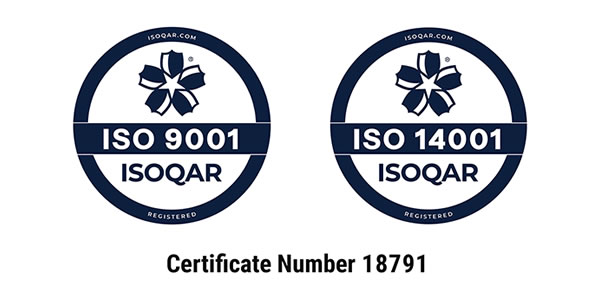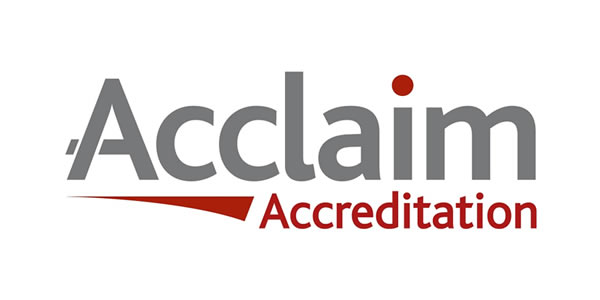Research project aims to eliminate the use of batteries from intelligent cities
Posted on 15th October 2020

A new research project by a Danish design company is aiming to ensure that cities become smarter and self-powered by making use of solar cells. If the project proves successful, it could be integrated into cities on a global scale and benefit the climate in the form of cutting down CO2 emissions and eliminating production of huge numbers of batteries, while also ensuring that intelligent urban furniture with security functions remains in constant operation.
Imagine a world where litter bins, cycle parking and lighting in cities are continuously communicating and collecting data, for the purpose of simplifying work flows and improving life for residents. Even though few of us are aware of it, the technology largely already exists, but now intelligent urban furniture will be powered by solar cells rather than polluting batteries.
Danish design company out-sider is the party responsible for this two-year research project, aiming to make intelligent cities more green and mobile. The project is being realised with support from Danish Energy, and the research will be conducted in collaboration with DTU, among others.
And DTU itself sees great potential in the project, for although a large variety of intelligent urban furniture already exists, it is dependent on either batteries or stationary power sources, both of which bring their own problems, as explained by Peter Poulsen, who is Senior Scientific Officer at DTU’s Department of Photonics Engineering and technical project manager for the project:
“At present many intelligent devices are dependent on batteries, and, of course, that means they can run out of power. So you have to keep an eye on whether they have enough power, and when they run out, resources are needed to replace the batteries. And it’s a well-known fact that battery production is not particularly sustainable. By connecting urban furniture to solar cells as power sources we can create a kind of perpetual machine that can run uninterrupted without leaving behind a stack of used batteries.”
In short, the newly launched project aims to make various types of urban furniture intelligent by linking them to the internet, so that they can send simple communications to a control desk. New technology makes it possible to operate intelligent urban furniture with very little power required, which solar cells can easily produce – all year round.
The team at out-sider also have great expectations of the project, since solar cells make temporary installations possible, thus creating a more flexible urban landscape, according to Ib Mogensen, CEO of out-sider:
“If we start with one of our bicycle stands, you could envision it registering how long a cycle has been parked in a specific spot, instead of an employee having to come out and stick labels on and judge whether it has been abandoned. Another product functions as both cycle parking and anti-terrorism device. Here you can imagine it generating an alarm message if a vehicle collides with it, or if it hears the sound of gunfire,” he explains, and adds: “This will make our cities smarter, more attractive and safer. And it is naturally also efficient in terms of the resources that would otherwise be consumed.”
Is ‘smart city’ more than just a buzzword?
The term smart city has been used indiscriminately, and any self-respecting municipality has thrown itself into making its urban areas smarter, but according to Peter Poulsen it’s also a matter of creating the right solutions, for even though technology now makes many things possible, the solutions must also be usable and rentable.
“There is a huge amount of talk about smart cities and IoT, and we see numerous solutions to more or less existing problems. The technology offers many possibilities, but it is also important to ensure that it actually adds value to urban living. If we can eliminate batteries from cities, that’s something that would be truly valuable for the individual product, the climate and ongoing operation,” he says.
The team at out-sider are also convinced that what is possible is less important than what adds value. The important thing for Ib Mogensen therefore is coming up with the perfect combination of design and functionality, as that’s what he believes offers great export potential for Denmark.
“We believe that future success within urban development around the world belongs to those who can combine good design with intelligent technology. And it’s a given that the technology must add value for those who are using it. Consequently I am certain that we are on the right track in insisting on making future technology sustainable by making solar cells the dominant energy source for IoT instead of batteries,” he says, and continues: “The project therefore has great potential, as all the big cities around the world are constantly looking for solutions to make their cities greener and less resource-intensive.”
The research project is a collaboration between DTU Fotonik and the companies out-sider, Nordic Firefly and Presto Engineering Denmark. The project has received funding through the ELFORSK initiative, which is Danish Energy’s research and development programme. ELFORSK hands out DKK 25 million in funding on an annual basis to support the transition to a greener society.
Originally posted on out-sider.
View Artform's Smart Street Furniture collection.
For more information on the BSFG please contact their team on 01625 322 888 or email enquiries@bsfg.co.uk. To view the company’s wide range of high-quality street furniture visit their website www.bsfg.co.uk








